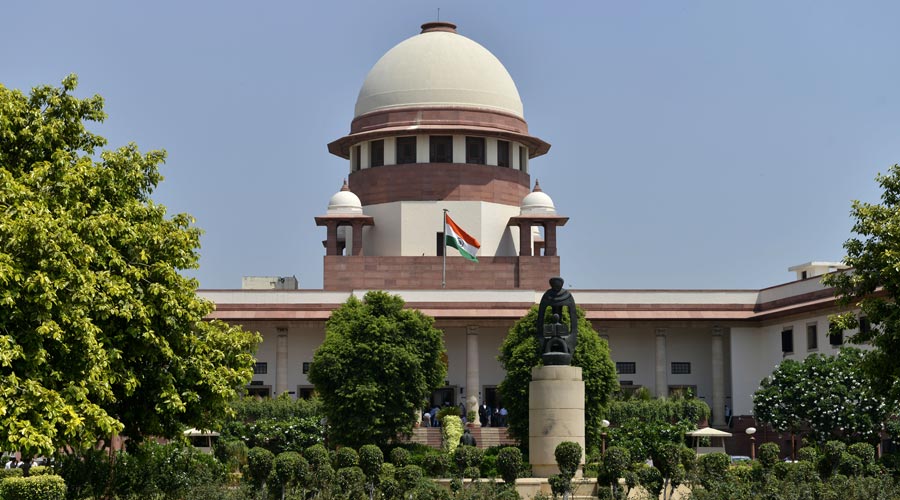The logic embodied in the three wise monkeys, who see, hear and speak no evil, takes a tumble when it comes to the Delhi police. They submitted an affidavit to the Supreme Court regarding the alleged calls for genocide of the minority community by the Hindu Yuva Vahini in Delhi. The affidavit indicated that they saw no evil — in the video of the meet — and heard no evil — in the speeches — yet spoke only what was untouched by facts. They enjoyed the same kind of freedom of speech that they righteously attributed to the meet’s speakers. The police accused the petitioners against police inaction with regard to this meeting of intolerance while declaring that their charges were incorrect and absurd, and there were no hate words targeting any community. The video seemed to show saffron-clad men and women promising to fight, die and, if necessary, kill to turn India into a Hindu rashtra. The remarkable lack of hatred in this pledge and the professed absence of targets must have resonated in Haridwar where speakers allegedly urged members of the majority community to pick up arms against the largest minority community to make a Hindu rashtra. The police said that the meeting was meant to empower the Hindu community against possible evil.
The perversion of principles made hatred into a technical matter of particular words and interpreted freedom of speech, in effect, as incitement and lies. The intended violence and the readiness to ‘kill’ were shown as ‘empowerment’. Reporting to the Union home ministry, the Delhi police have learnt a new form of ‘truth’ that applies only to the majority community. Meanwhile, the divisiveness sowed by these speeches is what the Chief Justice of India, N.V. Ramana, warned India against while visiting the Wagah border, the Partition Museum and Jallianwala Bagh. He referred to the country’s tragic past, indicating that India had had enough lessons in ‘division’. The CJI emphasized that unity alone would bring peace and progress. The unbridgeable abyss between the substance of the Delhi police’s affidavit and the CJI’s remarks reveals the crossroads at which India stands. Maybe the full import of the CJI’s message is to be sought for in the fact that he asked the people to be vigilant against divisiveness.










